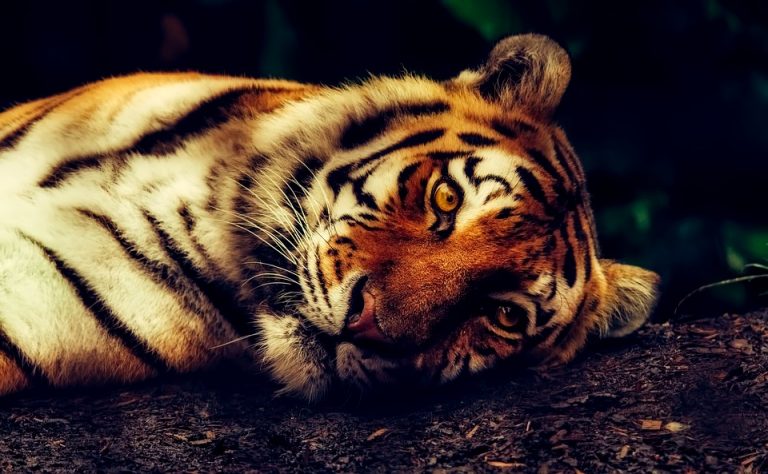
More than 500,000 wild animals suffer in the industry of human entertainment all over the world. Currently, there are no international regulations regarding the employment of wild animals in the tourist industry for example. Therefore, until proper measures are taken, it is important to raise as much awareness as possible and make people realize that the employment of wild animals in the entertainment industry often involves cruelty and animal abuse.
Animal Abuse in Developing Countries
In developing countries, wild animals are widely employed in the tourist industry. Most of the time, they are trained and managed by inexperienced people. Moreover, they are forced to live in horrible conditions. Here are some of the cruelest attractions you may encounter while travelling:
- Riding elephants: elephants – wild and large animals – are hard to train and manage.
Therefore, in order to make these animal suitable to carry humans on their backs, they are taken away from their mothers when they are babies and subject to a cruel training process people call “the crush”. This means that trainers inflict physical pain and the animal is denied water and food. After the animal has been “crushed”, however, the abuse does not end. Elephants are chained and denied social interaction with their peers and this has a very negative impact on both their physical and psychological well being;
- Feline abuse: humans have always been fascinated by felines, especially by such majestic and powerful specimens as tigers and lions. In many developing countries, tiger and lion cubs are separated from their mothers and handed to tourists for selfies or walks. Meanwhile, they are kept chained. They are not properly trained, therefore, tourists are encouraged to hit them in case they become aggressive.
Western Countries
In Western countries, there are more regulations regarding wild animals employed in the entertainment industry. Notwithstanding that, still today wild animals are mistreated in zoos and circuses. Many people find it unethical to keep wild animals in zoos. Living in captivity means not having enough space to roam. Moreover, they cannot exhibit their natural tendencies such as socializing, swimming and foraging. Zoos are useful when it comes to saving injured wild animals, rehabilitating them and then freeing them into the wild. The problem is that only around 30% of the released animals survive.
When it comes to circuses, the situation is even grimmer. Because wild animals are hard to manage, they are often physically and psychologically abused during trainings. In addition, their living conditions are often even less suitable than in zoos.









